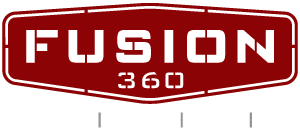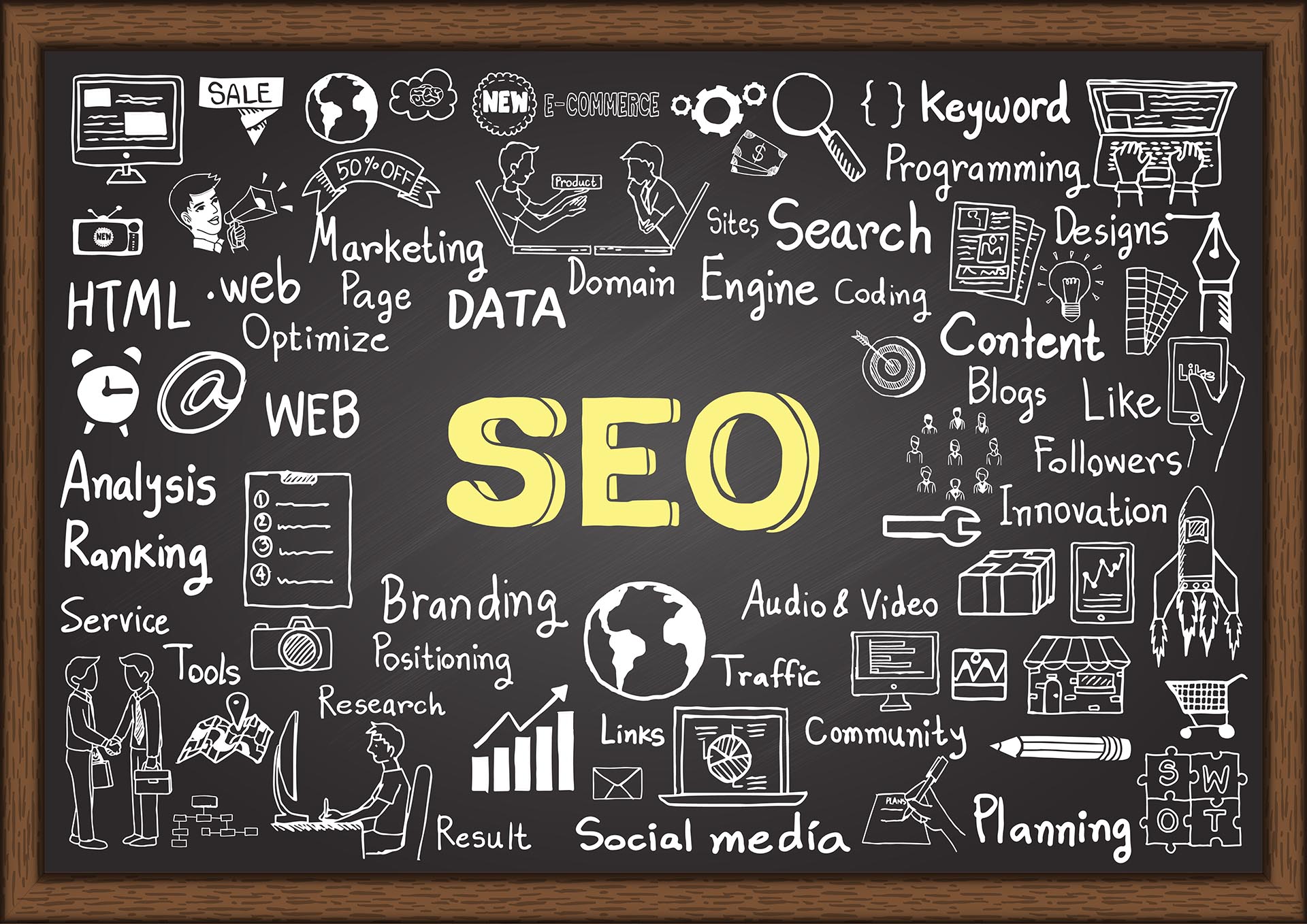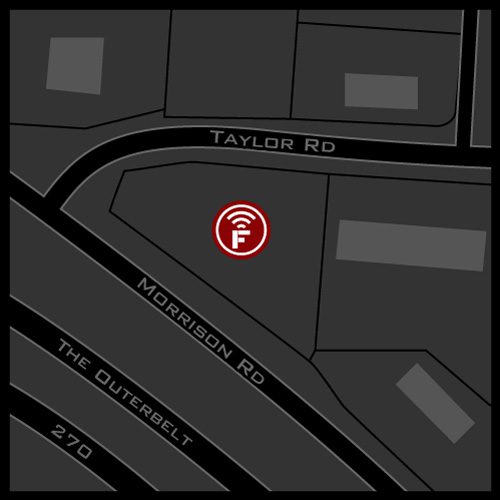For companies from the Midwest to Utah with any measure of online presence, search engine optimization — also known as SEO — is a necessary part of digital marketing. Just as how businesses may purchase signs or billboards to help their business get noticed in real life, so too do businesses work hard to increase their presence in the digital sphere — and that’s where SEO comes in.
In the wide world of the Internet, search engines are working hard to identify, process and organize the information of billions of different Web pages, all at the same time. Now search engines are smart — but not that smart. In order to better understand what your website is trying to tell them, search engines need a little help.
SEO works by increasing that line of communication between your website and search engines, helping to propel your website to the forefront of relevant search results. Here’s why every business in Utah and elsewhere worth its salt needs to take the time to invest in SEO.
A Little Bit Goes a Long Way
SEO offers great return on investment — better than that of an advertising campaign for Jell-O in Utah. By focusing on a few target keywords and integrating them into your content accordingly, your search rank can increase markedly — and once you’ve made it to the first page of search results, your conversion rates will increase exponentially.
SEO and Digital Marketing Go Together Like Peanut Butter & Jelly
Already have an online marketing presence, but don’t know how to go about integrating SEO into the mix? Don’t worry — SEO and digital marketing were practically made for each other. If you’re already producing content on a regular basis, you just need to integrate your target keywords and start building up an assortment of high-quality backlinks, and you’re already well on your way to SEO success.
If You Have a Website, You Need SEO
Think of SEO as a flyer for an upcoming event you’re holding in central Utah. After months of work and careful planning, the day of your big event has arrived — but nobody shows, because you didn’t put any effort into advertising. This is basically what happens when you spend the time and money to develop an awesome company website, but don’t invest any resources into SEO. Don’t let your website go to waste — invest in SEO and get the word out there.
SEO and Social Media are BFFs
Does your company have a strong social media presence? If so, you can use social media to your advantage for SEO, integrating target keywords as hashtags, linking back to posts on the website, and garnering more shares, likes and other kinds of engagement from target consumers. You might need an SEO professional in Utah to walk you through the process, but trust us on this one — SEO and social media would have totally been in each other’s Top 8 on MySpace.
SEO Builds Major Industry Cred
Another bonus to SEO is that is it helps to build some serious industry cred. When your company appears at the top of the search results for your relevant keywords, it just screams “credibility.” And if your target audience in Utah believes you’re the best and brightest in the industry, they’ll be more likely to read and share your content around the Internet, further propelling you to the top — it’s a self-fulfilling prophecy.
SEO Gets You the Most Bang for Your Buck
Not only does SEO beat out paid search by a long shot in terms of overall conversion rate, the benefits of SEO last a lifetime. Effective SEO can bring in thousands, if not millions, of new potential customers, and the effects of a good SEO campaign will last far longer than other digital marketing endeavors. Think of SEO not as an expense, but as an investment — one that will keep you on top of the search results for a long time.
There are numerous other benefits to SEO, but these are the main incentives. Whether you’re running a startup business in Utah or a larger corporation on the East Coast, SEO is one thing you won’t regret investing in. Get started with an experienced SEO firm today, and you’ll be on the road to Internet fame & fortune.












